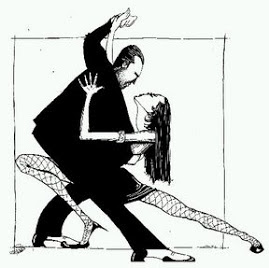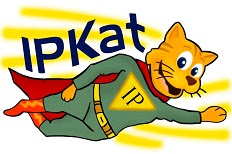
Peru speeds up
The Peruvian National Institute for the Defense of Competition and Intellectual Property Protection (INDECOPI) announced a new service called ‘Patente Rapida’ ("Speedy Patent") which, as the name implies, gives national inventors the opportunity to obtain a patent at half the current average time -- the average time is 39 months and the average time at the regional level is between 4 to 5 years.
This service is particularly addressed to national inventors who have no experience in either processing or drafting patent applications. Therefore, personalized advice will be given to Peruvians inventors and thus, if applicants take the advice and meet the requirements, the inventors will be able to produce accurate documents, shortening the average time to 18 months.
When the announcement was made, INDECOPI gave the example of Mr Sixto Ramos, who obtained a patent for his invention in a record time of 22 months. Bruno Merchor, director of Inventions and New Technologies of INDECOPI, noted that the new service is “the fruit of the efforts of the institution to promote a culture of invention in the Peruvian society and to bring the system of national patents to the inventors. This is so, with the aim of increasing national patents against foreign firms.” The service will be run by the new created subdivision called ‘Subdireccion de Soporte a la Innovacion’ ('Support for Innovation').
My thoughts
Peru is member of the Andean Community (CAN) a custom union and a trade bloc in South America. There is in place Decision 486 which is the Common Intellectual Property Regime and when I was reading this special treatment given to Peruvian nationals I remembered Article 1 of the said Decision ‘on national treatment’:
This service is particularly addressed to national inventors who have no experience in either processing or drafting patent applications. Therefore, personalized advice will be given to Peruvians inventors and thus, if applicants take the advice and meet the requirements, the inventors will be able to produce accurate documents, shortening the average time to 18 months.
When the announcement was made, INDECOPI gave the example of Mr Sixto Ramos, who obtained a patent for his invention in a record time of 22 months. Bruno Merchor, director of Inventions and New Technologies of INDECOPI, noted that the new service is “the fruit of the efforts of the institution to promote a culture of invention in the Peruvian society and to bring the system of national patents to the inventors. This is so, with the aim of increasing national patents against foreign firms.” The service will be run by the new created subdivision called ‘Subdireccion de Soporte a la Innovacion’ ('Support for Innovation').
My thoughts
Peru is member of the Andean Community (CAN) a custom union and a trade bloc in South America. There is in place Decision 486 which is the Common Intellectual Property Regime and when I was reading this special treatment given to Peruvian nationals I remembered Article 1 of the said Decision ‘on national treatment’:
“Each Member Country shall accord the nationals of other members of the Andean Community, the World Trade Organization, and the Paris Convention for the Protection of Industrial Property, treatment no less favorable than it accords to its own nationals with regard to the protection of intellectual property, subject to the exceptions already provided in articles 3 and 5 of the Agreement on Trade-Related Aspects of Intellectual Property Rights (TRIPS) and in article 2 of the Paris Convention for the Protection of Industrial Property...”Now if we analyze this further, we can state that protection is granted to everyone the same. However, having a look at the meaning of protection I read the TRIPS explanation regarding this matter. It states
“For the purposes of Articles 3 and 4, “protection” shall include matters affecting the availability, acquisition, scope, maintenance and enforcement of intellectual property rights...”Yet, I enquiry about ‘acquisition’. While acquisition is not affected as such because non-nationals can still obtain a patent, there is the issue of acquiring a sooner protection and thus affecting in a way the protection of foreigners’ patents. Am I looking too further in this issue?


























